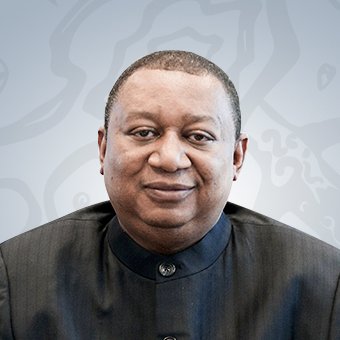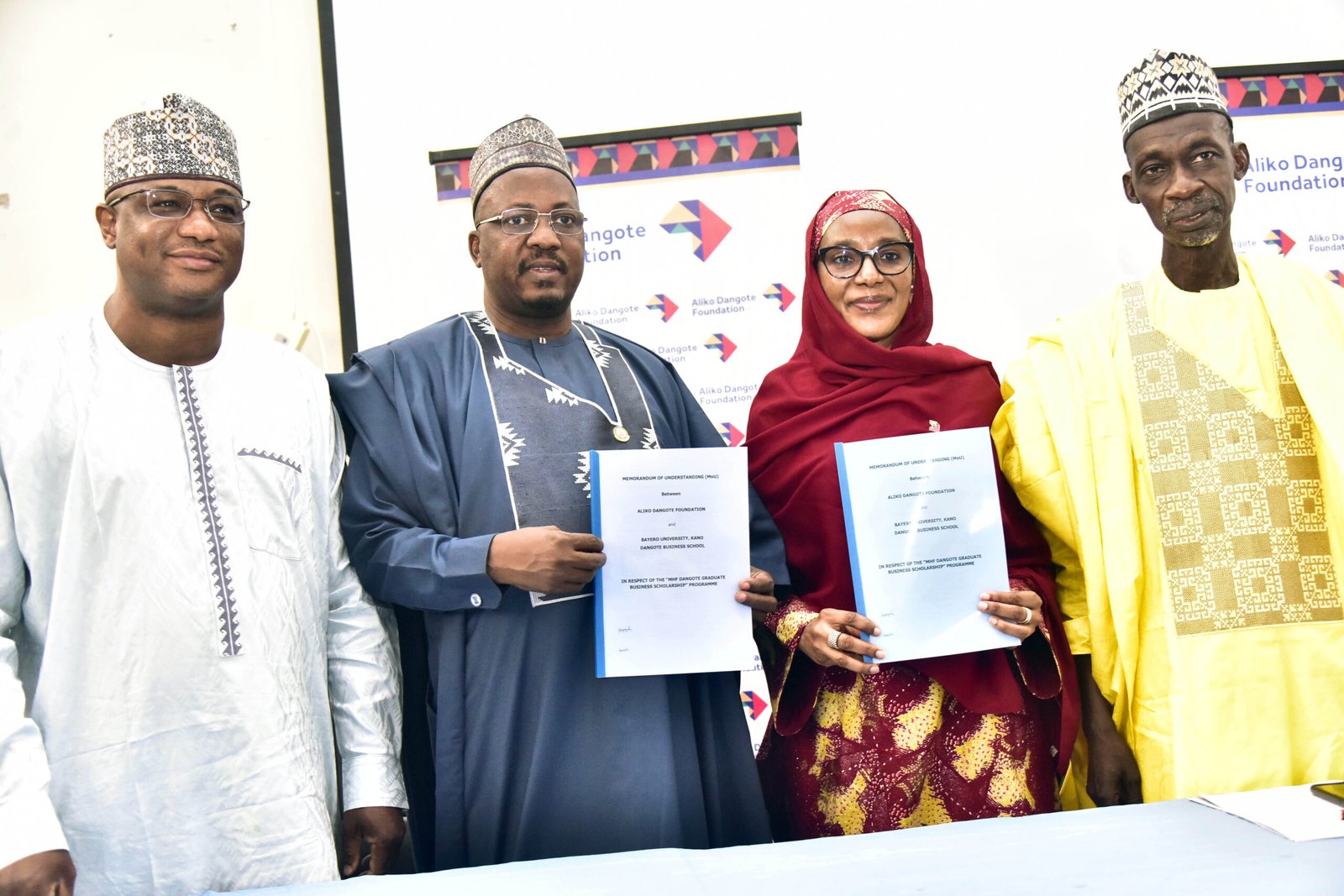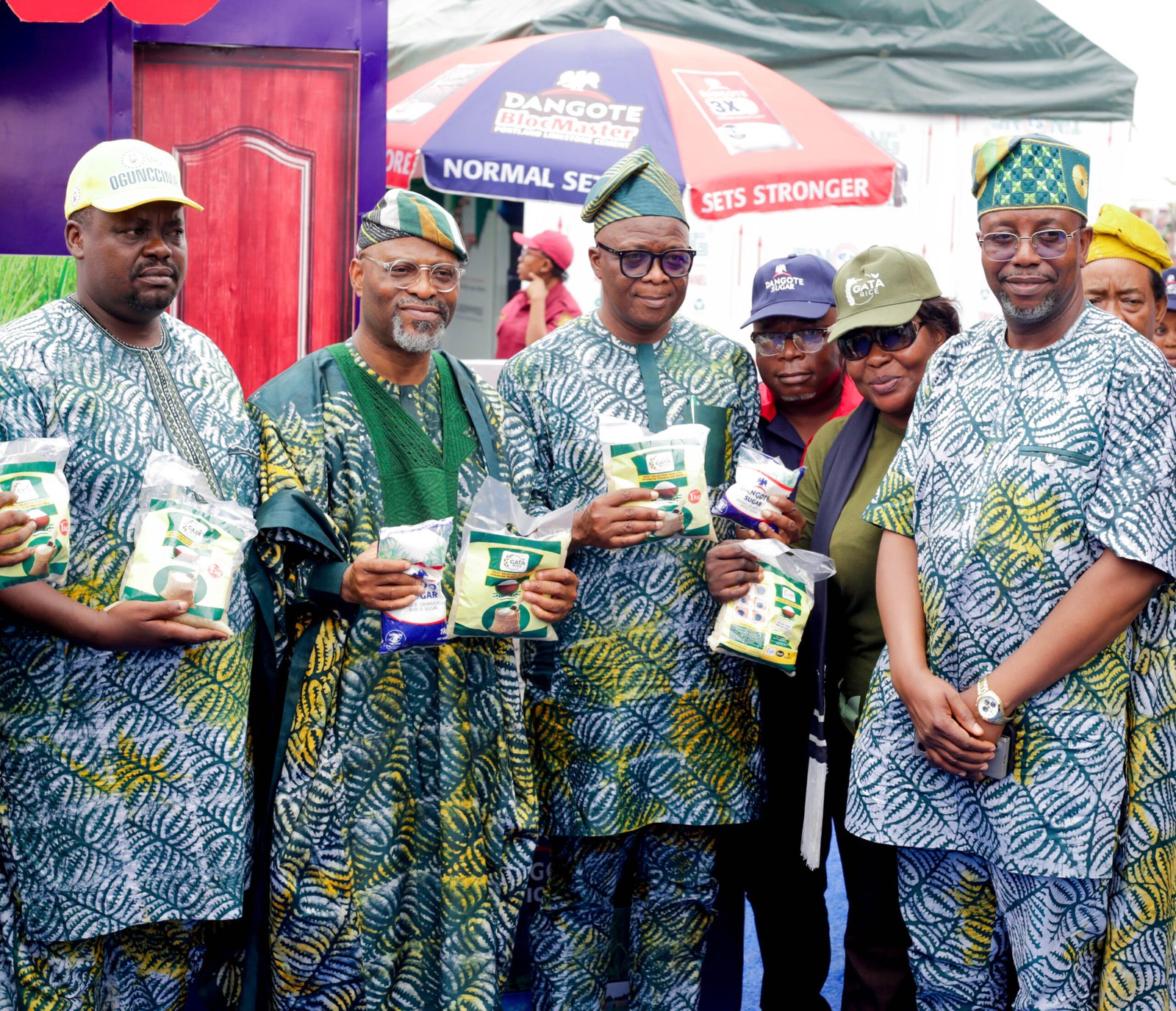By Mohammad Sanusi Barkindo
Just over 55% of the global population has received at least one vaccine against the coronavirus. According to official statistics, over 262 million people have been sickened and there have been over5.2 million fatalities.
The global economic growth forecasts for both 2021 and 2022 stand at 5.6%and 4.2%, respectively. While a multitude of challenges to the economic recovery remain, the world economy continues improving, albeit at disparate speeds among many regions. The emergence of the Omicron variant and the reintroduction of lockdowns in many regions of the world constitute the main public-health related uncertainties.
World oil demand growth in 2021 now stands at 5.7 mb/d. This reflects slower than anticipated demand from China and India in 3Q21. Global oil demand is now estimated to reach 96.4 mb/d in 2021.World total demand in 2022 is estimated to reach 100.6 mb/d, around 0.56mb/d above 2019 levels.
Non-OPEC liquids supply is expected to grow by 0.7 mb/d in 2021, to average 63.6 mb/d. The main growth drivers of 2021 are Canada, Russia, China, Norway, Brazil and Guyana. The forecast for non-OPEC liquids supply growth in 2022 is3.0 mb/d,to average 66.7 mb/d. Russia and the US contribute increments of 1.0 mb/d and 0.9 mb/d, respectively,
Turning to stocks, OECD commercial stocks stand at 2,773 mb, which is 174 mb below the 2015-2019 average with crude accounting for 148 mb and products 26 mb of this. In terms of days of forward cover, OECD commercial stocks in October stood at 61.6 days, 0.7 days lower than the average of 2015-2019.
Moreover, we need to consider the market implications of last week’s announcement of the possible coordinated release of 70 million barrels of oil from the strategic reserves of several consuming countries. The implications of such uncertainties for excess supply in 1Q-2Q2022 should be carefully monitored.
The future of monetary policies, inflationary pressures, the possible reintroduction of lockdowns, vaccine uptake rates, the vaccine-resistance of the Omicron variant and supply-chain bottlenecks are some of the uncertainties clouding the picture.
These uncertainties and implications on the global oil demand and supply balance are analysed in a scenario analysis as reflected in the ECB report.
Being the Opening Remarks of Mohammad Sanusi Barkindo, OPEC Secretary General at the 182nd Meeting of the Conference (Videoconference) 1 December2021
–








